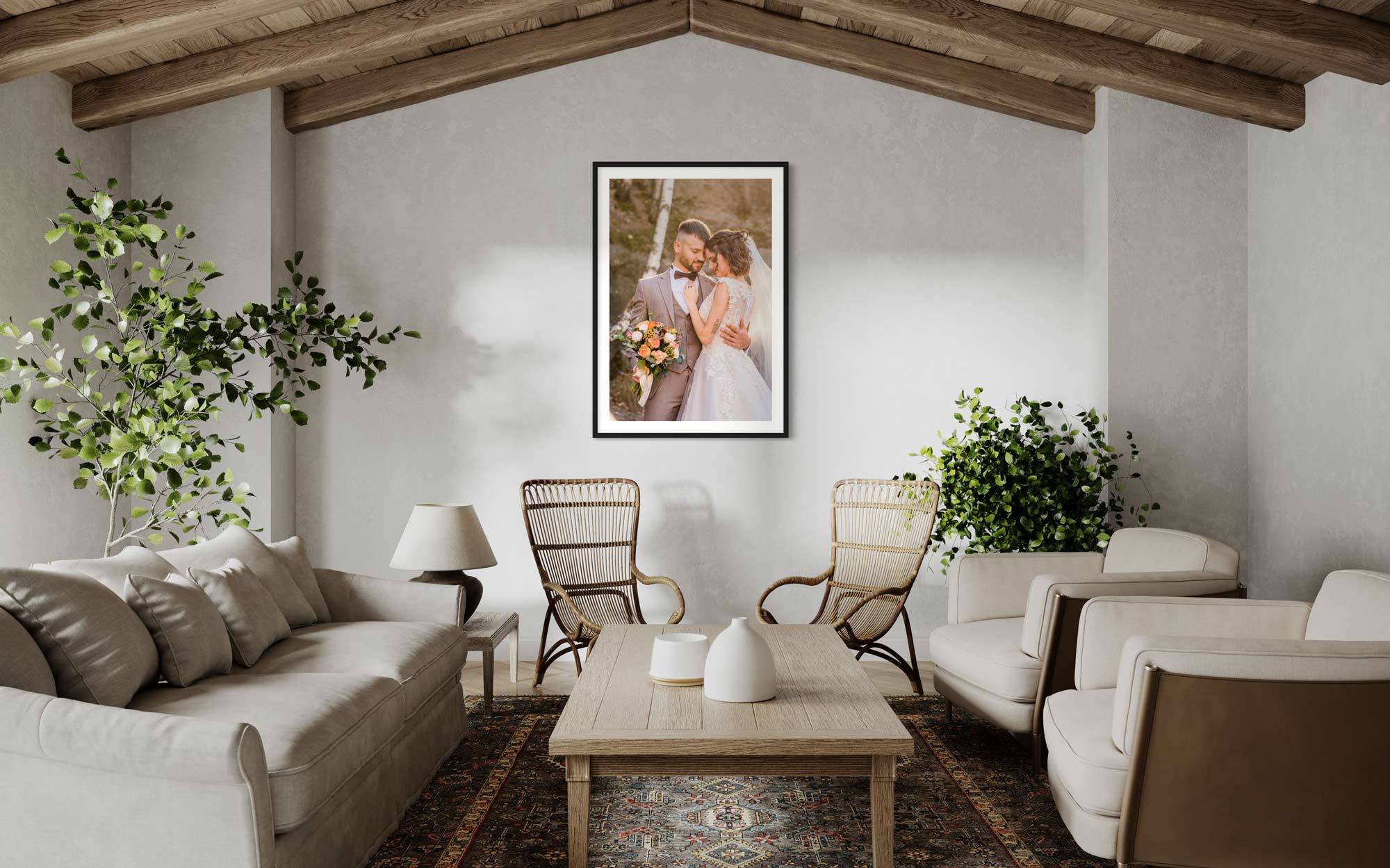Here's an overview:
- Understanding the Significance of Photography in Your Wedding
- Determining Your Wedding Photography Style
- The Importance of Research in Selecting a Wedding Photographer
- Setting a Realistic Budget for Wedding Photography
- Navigating Portfolios: What to Look for in a Wedding Photographer's Work
- The Power of Testimonials and Reviews in Making Your Choice
- Scheduling Interviews – Your Chance to Connect with the Photographer
- Assessing Professionalism and Experience
- Discussing Your Wedding Day Timeline with Potential Photographers
- Evaluating Contract Terms and Conditions Carefully
- Securing Your Perfect Wedding Photographer – The Final Steps
- Printing Your Professional Photos
Understanding the Significance of Photography in Your Wedding
The role of photography in commemorating a wedding cannot be overstated. Long after the vows are exchanged and the last dance has shuffled its final step, what remains are the memories enshrined through photographs - and video too. These images serve as a gateway to relive the joy, love, and celebration experienced on this monumental day.
Wedding photography captures the multitude of emotions—pausing the fleeting moments of laughter, tears, and heartfelt exchanges between loved ones and friends. These captured seconds tell the stories that are certain to be recounted for generations. Each photograph acts as a testament to the couple's journey, reflecting the start of a new chapter in their lives together.
Moreover, photos are an essential component of wedding legacy, often becoming family heirlooms. They are the tangible pieces that people can hold onto, to remember loved ones who were present and those who have passed on. What's more, they provide a visual narrative for those who may not have been able to attend the wedding, enabling them to share in the celebration despite the distance.
Perhaps most importantly, professional wedding photography ensures that the quality and composition of these memories are preserved to the highest standard. Professionals come equipped with not only technical expertise and creative flair but also an understanding of how to document the day seamlessly, making sure no small detail or tender moment goes unnoticed.
It is the photographer's keen eye for storytelling that will elevate ordinary moments into extraordinary ones, ensuring that each image reverberates with the day's emotions. In many ways, the photographer is an unspoken curator of the day's events, arranging the present into a pictorial past that will warm hearts for decades to come.
Determining Your Wedding Photography Style
Deciding on your wedding photography style is an essential step prior to selecting a photographer for your special day. This choice reflects your personal preferences and the ambiance you wish to capture. There are several common styles to consider:
-
Traditional or Classic: This style is reminiscent of the timeless wedding photographs found in your grandparents' album. It focuses on posed shots of the couple, their families, and the bridal party, emphasising on significant moments and formal portraits.
-
Photojournalistic: Mimicking the style of a news photographer, this approach aims to capture candid, spontaneous moments that tell the story of the day with minimal intervention from the photographer.
-
Fine Art: Fine art wedding photography is characterised by its attention to creative framing, lighting, and composition. Photographers with this style often have a background in the arts and incorporate a unique artistic vision into their work.
-
Editorial: If you adore the look of fashion spreads in magazines, this might be the style for you. Editorial photographers focus on creating dramatic, stand-out images that highlight the couple in a variety of posed and non-posed situations, often in luxurious or unusual locales.
-
Documentary: Documentary wedding photography is all about capturing the day as it unfolds without staging or posing. The photographer's goal is to provide a straightforward and truthful record of the event.
When deliberating over styles, couples should peruse portfolios, visit blogs, or flip through the pages of bridal magazines to get a feel for which style resonates with them. It’s important to communicate clearly with potential photographers about the vision and expectation for the day, to ensure that the photographer's style aligns with your own. Couples should remember the photos will be a lasting reminder of their wedding day, and therefore, should reflect their tastes and personalities.
The Importance of Research in Selecting a Wedding Photographer
Choosing the right wedding photographer is a crucial decision that can have lasting impacts on how couples remember their special day. Research is pivotal for several reasons:
-
Understanding of Styles: There are various photography styles, from traditional to documentary, and each photographer has their own unique approach. Prospective newlyweds must delve into these styles to determine what resonates with their own vision for the wedding album.
-
Quality and Consistency: By examining a photographer's portfolio thoroughly, couples can assess the quality and consistency of their work across different weddings and conditions. This insight is invaluable for setting expectations and ensuring satisfaction with the final product.
-
Professionalism and Experience: Research allows couples to gauge a photographer's level of professionalism and experience. Reading reviews and testimonials from previous clients can highlight a photographer's ability to handle the pressure of wedding day timelines and interpersonal dynamics.
-
Budget Considerations: Prices for wedding photography can vary greatly. A comprehensive research process helps couples understand what factors contribute to this cost variation, enabling them to make an informed financial decision without compromising on the quality of their memories.
-
Compatibility: A photographer's personality can greatly affect the atmosphere of the wedding day. Research and pre-wedding consultations are vital in ensuring the chosen photographer's demeanour aligns with the couple's expectations and comfort levels.
Investing the time to conduct rigorous research can lead to a better match between the couple's vision and the photographer's expertise, ensuring that the joy and beauty of the wedding day are captured in a manner that will be cherished for years to come.
Setting a Realistic Budget for Wedding Photography
When planning a wedding, one should allocate funds judiciously, and this holds particularly true for photography, often considered one of the most vital services for the day. To establish a realistic budget for wedding photography, one must first understand the average costs involved in their area. These costs can vary significantly depending on location, the photographer's experience, and the scope of services offered.
To commence the budgeting process:
- Research the market: Begin by surveying local photographers’ prices to establish a baseline for average rates in the region.
- Determine priorities: Consider how important photography is relative to other wedding elements. For those who value visual memories above all, allocating a larger portion of the budget to photography may be justifiable.
- Consider coverage and deliverables: Decide how many hours of coverage are needed and what end products (albums, digital files, prints) are desired. More extensive coverage and high-quality albums will naturally influence the budget.
- Account for additional costs: Be aware that extras like engagement shoots, special retouching, or additional sessions can add to the total cost.
- Set aside contingency funds: It's prudent to allocate a buffer within the photography budget for unforeseen expenses or last-minute changes.
While it might be enticing to skimp on photography to cut costs, it’s essential to remember that these photographs will serve as lasting mementos of the special day. Consequently, finding a balance between affordability and quality is key. By setting a budget that reflects the significance of this service while also taking into account the overall financial plan for the wedding, one can ensure that wedding photography costs remain within reasonable bounds.
Navigating Portfolios: What to Look for in a Wedding Photographer's Work
When perusing portfolios, discerning clients should be attentive to both the breadth and the depth of a wedding photographer's work. Key elements to scrutinise include:
-
Style Consistency: A photographer's portfolio should exhibit a consistent style, whether it's traditional, contemporary, photojournalistic, or a blend. This consistency is an indicator of the photographer's mastery and assurance in delivering a uniform aesthetic throughout your wedding album.
-
Lighting Skill: Proficiency in handling various lighting scenarios, from sunny outdoor ceremonies to dimly lit indoor receptions, is essential. Evaluate the images for balanced exposures, quality of lighting, and the ability to capture details without overexposure or excessive shadows.
-
Composition and Framing: Outstanding photographers distinguish themselves with their knack for composing images. Look for photographs that go beyond the standard shots, portraying unique angles, interesting perspectives, and strategic framing that draws focus to the subject.
-
Emotion Capture: The hallmark of exceptional wedding photography is its capacity to evoke the day's emotions. Give attention to images that successfully capture candid moments, heartfelt emotions, and the narrative of the day.
-
Editing Quality: Post-processing should enhance, not overpower, an image. Assess the portfolio for a polished but natural finish. Overuse of filters or noticeable alterations can detract from the authentic beauty of the moments.
-
Client Feedback: Testimonials or reviews can provide insights into the photographer's professionalism, demeanor on the wedding day, and interactions with guests.
By meticulously examining these aspects within a portfolio, couples can gain confidence in selecting a photographer whose vision aligns with their expectations for immortalising their special day.
The Power of Testimonials and Reviews in Making Your Choice
When selecting a wedding photographer, the influence of testimonials and reviews cannot be overemphasized. They are the window through which potential clients can gauge the satisfaction of past customers and the quality of the photographer's work. Artful expressions captured through testimonials provide an emotional connection, often speaking to the photographer's ability to create a comfortable atmosphere and capture the essence of the wedding day.
Reviews, on the other hand, offer a more structured assessment of the photographer's services. They typically include ratings on various aspects such as professionalism, punctuality, quality of photos, and interaction with guests. This quantitative evaluation is crucial as it provides a measurable insight into the photographer's consistency and reliability.
Moreover, sifting through reviews and testimonials can reveal patterns. For instance, repeated mentions of 'attention to detail' or 'innate ability to capture candid moments' are indicative of specific strengths. Alternatively, consistent remarks about delays or quality issues can serve as red flags.
It is, however, important to approach testimonials and reviews with a discerning eye. Look for:
- The date of the review, to ensure relevance
- The authenticity, checking for verified clients
- The nature of criticism, considering whether it’s subjective or a recurrent problem
Getting the full picture from reviews involves reading both positive and negative feedback to understand the photographer's performance in a variety of situations. Ultimately, testimonials and reviews serve as a guide, augmenting your confidence in making the well-informed decision to entrust a photographer with the monumental task of documenting your big day.
Scheduling Interviews – Your Chance to Connect with the Photographer
Scheduling interviews with potential wedding photographers is not simply an administrative task; it's a pivotal opportunity to connect on a personal level and gauge their ability to capture your special day. Before locking in these interviews, it's crucial to thoroughly review each photographer's portfolio and ensure their style aligns with your vision.
When scheduling, consider the following points:
-
Prioritise top choices: Begin by reaching out to your most preferred photographers first. They often have busy schedules, so securing an interview slot early is essential.
-
Flexibility is key: Be prepared to accommodate the photographer’s availability, as their expertise is in high demand, especially during peak wedding seasons.
-
Prepare questions in advance: To maximize the potential of your meeting, compile a list of important questions. These can include their approach to photography, package offerings, and post-production timelines.
-
Venue and logistics: Discuss the specifics of your wedding venue and day-of logistics to ensure they can efficiently manage the spatial and lighting conditions.
-
Personality fit: The interview is not just about technical skills, but also about finding someone whose personality resonates with you. A photographer who makes you feel comfortable will inevitably capture more genuine moments.
-
Review the contracts: If possible, ask to review a sample contract beforehand. This expedites the process of understanding their terms and conditions, leaving more time for personal connection during the interview.
Remember, this meeting is crucial for building rapport with the person who will be documenting one of the most intimate days of your life. Approach each interview with the dual objective of assessing their professionalism and creating a harmonious working relationship.
Assessing Professionalism and Experience
When selecting a wedding photographer, evaluating their professionalism and experience is crucial to ensure the quality and reliability of your wedding day memories. Consider the following aspects to gauge the professional stature of photographers:
-
Years of Experience: Investigate how long they have been in the field. Seasoned photographers have honed their craft and are typically more adept at handling the unexpected challenges that weddings can present.
-
Portfolio Review: A photographer’s portfolio provides invaluable insight into their style and skill. Look for a variety of weddings in their portfolio to ensure they have a broad experience.
-
Client Testimonials: Reviews from previous clients can speak volumes about a photographer's professionalism. Pay attention to comments about how they handle stress and their interaction with guests.
-
Professional Affiliations: Membership to recognized photography organizations often signals a commitment to their profession’s standards.
-
Awards and Recognitions: Honours from photography competitions can be indicative of a photographer’s expertise and artistic abilities.
-
Consistency across Platforms: Review their presence on various platforms such as their website, social media, and any published works to ensure consistency in quality and style.
-
Communication Skills: Notice how the photographer communicates with you. Prompt and clear communication is usually a positive sign of professionalism.
-
Contract Clarity: A professional will provide a clear and comprehensive contract detailing their services, costs, and any other important clauses to avoid future misunderstandings.
Take the time to thoroughly evaluate each contender’s professionalism and experience before making this pivotal decision for your wedding day.
Discussing Your Wedding Day Timeline with Potential Photographers
When selecting a wedding photographer, an essential factor to consider is how they will integrate into your wedding day timeline. Couples must discuss this timeline in detail with potential photographers to ensure there is a mutual understanding of the day's flow and the critical moments that require coverage.
- Morning preparations: Specify the time the photographer is expected to arrive to capture the bridal party getting ready.
- First look or pre-ceremony photos: If you're planning a first look or want photos taken before the ceremony, communicate the exact time and location.
- Ceremony details: Outline the ceremony timing, including key moments like the exchange of vows and the recessional which should be captured seamlessly.
- Post-ceremony portraits: Allocate sufficient time for family portraits, bridal party shots, and couple portraits, considering travel if locations are different.
- Reception schedule: Discuss the reception itinerary, including entrances, speeches, dances, cake cutting, and any special traditions.
- Golden hour shoots: If you want photos during the golden hour, schedule accordingly and ensure your photographer is prepared for this shoot.
- Exit: If you have a specific plan for your exit, like a sparkler send-off, discuss the timing and the necessary photographic equipment.
In your conversation, be clear about:
- Expected hours of coverage
- Key events and when they are happening
- Any specific photo requests or must-have shots
- Contingency plans for unexpected delays or changes in the schedule
By having a detailed discussion about your wedding day timeline, you ensure that your photographer can plan their strategy, accommodate any special requests, and capture your big day faithfully and creatively.
Evaluating Contract Terms and Conditions Carefully
When selecting a wedding photographer, prospective couples must examine the contract's terms and conditions with meticulous attention to detail. This document, often perceived as merely procedural, is in fact a critical component ensuring clarity and agreement on what services will be provided, when, and at what cost.
To ensure a comprehensive understanding of the agreement, one should:
-
Confirm the Duration of Coverage: Determine the number of hours the photographer will be available on the wedding day. Clarify if there are any additional costs for overtime or if the event runs longer than expected.
-
Understand the Deliverables: Examine what is included in the package – the number of edited photos, albums, digital downloads, prints, and any other deliverables should be explicitly stated.
-
Look for the Image Rights: Discern who holds the copyright to the photographs. Typically, couples have the right to reprint images but may be restricted from selling them or using them for commercial purposes.
-
Cancellation and Refund Policy: Review the policy detailing the terms for cancellations, including any deadlines and refund amounts. Understand the repercussions if either party needs to cancel or reschedule.
-
Payment Schedule: Outline when payments are due, the amount, and acceptable forms of payment. This often includes a deposit, subsequent payments, and a final payment, with specific dates or milestones.
-
Liability Clauses: Examine the clauses that describe what happens in case of photographer illness or equipment failure. A professional should have contingencies in place.
-
Post-Production Timeline: Ensure an understanding of the time frame for when proofs, retouched images, and albums will be delivered post-wedding.
By scrutinising these facets of the contract, couples will protect their interests and foster a mutual understanding with the photographer, leading to a smoother collaboration on the big day.
Securing Your Perfect Wedding Photographer – The Final Steps
Once couples have narrowed down their choices and initial discussions have taken place, the final steps to secure the perfect wedding photographer for their big day require attention to detail and a few critical actions:
-
Confirm availability: Ensure the photographers on the shortlist are available on the wedding date. This often involves paying a deposit to secure their services, which may be non-refitable.
-
Review contracts thoroughly: Before signing, read the contract carefully. Understand the terms regarding deliverables, timelines, rights to the images, cancellation policies, and any additional costs that may be incurred.
-
Finalise the package: Decide on the photography package that best fits the wedding's needs. This includes the number of hours of coverage, number of photographers, engagement shoot inclusion, special edits, physical albums, or digital files.
-
Communication is key: Establish a clear line of communication. Discuss expectations, specific shot lists, times, and locations for various photographs throughout the day. Confirm the photographer's arrival time and emergency contact information.
-
Plan B: Ask the photographer about their backup plans for unexpected situations, such as equipment failure or personal emergencies. Also, consider wedding insurance that covers vendor no-shows.
-
Share the schedule: Provide the photographer with the wedding day itinerary. This should include key events and the timing to ensure they capture every important moment.
-
Make the payment: Complete the payment as outlined in the contract. Some photographers require full payment before the wedding, while others may have a payment plan that culminates post-wedding.
By meticulously following these final steps, couples will have peace of mind that their wedding photography is in capable hands, leaving them free to focus on celebrating their union.
Printing Your Professional Photos
Once you have received your digital wedding photographs from your photographer, the next step is to get them printed, so you can cherish these memories physically. This aspect is often overlooked but is critical to preserving your special day.
Firstly, it's essential to consider the quality of the print materials. Professional photographers typically have preferred printing services such as Print Panoramics that use archival-quality paper and inks. These materials ensure your photos last a lifetime without fading.
Consider the following when you print wedding photos:
-
Choosing the Right Printer:
- Investigate printers that specialise in photography.
- Look for services that offer colour calibration to ensure colour accuracy.
-
Selecting Proper Paper:
- Opt for thicker, high-quality paper like matte, glossy, or lustre, depending on your preference.
- Lustre paper is commonly recommended, as it is fingerprint-resistant and offers a fine sheen without the glare of glossy prints.
-
Size Matters:
- Decide on the sizes that will best suit your display areas. Whether it is for small mantlepiece displays through to larger sizes for wall portraits.
- Ensure that the resolution of your images is suitable for larger prints to maintain image quality.
-
Custom Framing:
- Consider professional framing services to get your wedding photos framed and further enhance and protect your prints.
- UV-resistant glass can be a prudent choice to safeguard your photos from sunlight damage.
-
Albums and Photobooks:
- Custom albums or photobooks can also be a beautiful option to tell the story of your day sequentially.
- Quality binding and page thickness will contribute to the longevity and feel of the album.
Always remember to make duplicates of your favourite shots. It's wise to have a backup in case of damage to the original prints. This way, your wedding memories will be preserved not just in your hearts but also on your walls, in your hands, and for future generations to enjoy.





